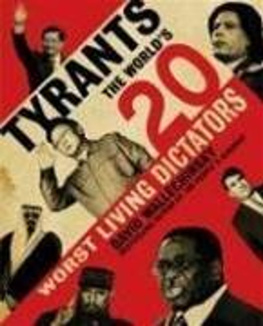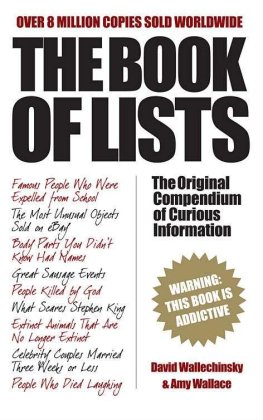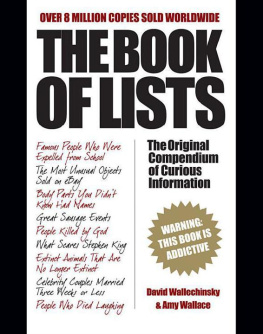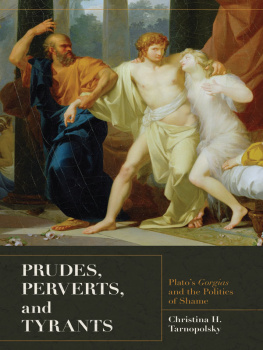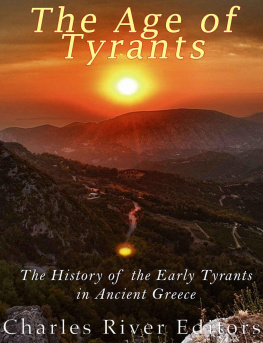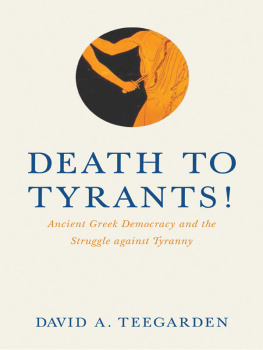A mong the many reasons that President George W. Bush presented to justify his 2003 invasion of Iraq, the one that most resonated with Americans was that Saddam Hussein was an evil dictator who terrorized, tortured, and murdered his own people. Unfortunately, there are still more than two billion people who live in countries controlled by brutal tyrants. We like to think of dictators, such as Saddam Hussein, Kim Jong-il, and Muammar al-Qaddafi, as inhuman personifications of evil. But what is more disturbing is that each of these tyrants is a human being. Each of them had parents and each of them made a series of choices to gain power and to use that power in a cruel manner. What is more disturbing is that none of these dictators can maintain his grip on his victims without the active support of accomplices. And what is most distressing is that many of todays worst tyrants are financed, aided, and abetted by the United States government and by U.S.-based corporations. These unholy alliances have continued whether the president of the United States is a Democrat or a Republican and whether Congress is controlled by liberals or by conservatives.
However, at the same time, Americans have a long and deep tradition of helping tyrannized people around the world and liberating them from the clutches of dictatorship. I hope that, by identifying the worst of todays dictators and by learning what they do to their people, Americans will be moved to pressure their leaders to consistently oppose dictators and to work with the world community to drive them from power.
There was a time when all world leaders were dictators, when all leaders gained power by inheritance or through violence. Even the Athenian democratic period of the seventh to fourth centuries BC would not meet modern standards of universal suffrage. Because three of the major figures during World War II, Adolf Hitler, Benito Mussolini, and Joseph Stalin, were vicious tyrants, they defined our current understanding of what a dictator is. In the second half of the twentieth century, democracy spread rapidly around the world and became so accepted as an almost universal value that now even dictators feel compelled to placate world opinion by staging phony elections.
For the purposes of this study, I have defined dictator as a head of state who exercises arbitrary authority over the lives of his citizens and who cannot be removed from power through legal means. To choose the worst dictators currently in power, I have taken into account suppression of those freedoms that Americans and citizens of other democratic nations are able to take for granted: freedom of speech, freedom of religion, the right to a fair trial, freedom to choose elected representatives, and the freedom to disagree with their government. To determine the ranking of the finalists, I have given extra credit to those dictators who go beyond normal repressive measures by torturing prisoners and others, by executing political opponents, by causing their citizens to starve or to suffer malnutrition, and by interfering in the politics of countries other than their own. In ranking the worst of the worst, I have also taken into account how much power a dictator actually has. In some cases a dictator lost a few places because, even though his nations government is harsh and repressive, the dictator himself does not have full control. One such example is Bashar al-Assad of Syria. It is worth noting that most dictators rise to power by replacing other dictators. The fact that a one-party or family dictatorship is so deeply entrenched that its leader can be replaced without its policies changing does not make the current leader any less of a dictator.
Of the dictators included in this book, the first three, Omar al-Bashir of Sudan, Kim Jong-il of North Korea, and Than Shwe of Burma, stand out as being a cut above the others in terms of venality. Bashir is the only dictator currently in power who is responsible for the killing of hundreds of thousands of people. While the media occasionally cover the massacres in Darfur in western Sudan, they usually do so in the context of it being a humanitarian tragedy, while Bashir himself has remained little known and has generally escaped condemnation. In fact, he has the power to prevent the destruction of villages in Darfur, just as he had the power to prevent the killing and enslavement of innocent people in southern Sudan. In both cases, he has been an enthusiastic supporter of the slaughters.
North Koreas Kim Jong-il is often portrayed as crazy or as a clown. In reality, although he is certainly eccentric, he is a clever politician who carefully follows world affairs and chooses his tactics accordingly. Most of the coverage given Kim Jong-il in the mainstream media deals with his nuclear ambitions and his threats to build weapons of mass destruction. But domestically he runs the most tightly controlled society in the world. While Kim Jong-il himself might watch satellite television news, most North Koreans have absolutely no access to information about the outside world. The normal kinds of political rights and civil liberties that are squashed to one degree or another by other dictators are simply nonexistent in North Korea.
In Burma, Than Shwe heads a military dictatorship that has been in power since 1962. His regime stands out from those of other dictatorships for its use of forced labor in support of both infrastructure projects and for military actions that the Burmese government is taking against a variety of ethnic minorities. Than Shwe is the commander-in-chief of an army that is different from the armies of most nations in that it exists as a nation within a nation. The Burmese military, known as the Tatmadaw , runs its own health care system, its own educational system, its own businesses and farms, and its own banks. It is no longer possible to rise in Burmese society without being a senior member of the military.
After leading a successful anticolonial war of liberation, Robert Mugabe was elected the first president of independent Zimbabwe. It was hoped that, like Nelson Mandela in South Africa, Mugabe would guide Africa to a new era of democracy. But with each year that has passed, he has turned increasingly dictatorial, and he has run his country into the ground. Since 1988, life expectancy in Zimbabwe has plunged from sixty-two years to thirty-eight. This destruction of the health of his people is as much an abuse of human rights as arbitrary arrest and torture.
Islam Karimov of Uzbekistan is one of a handful of leaders from the former Soviet Union who have survived the post-Communist transition while retaining the authoritarian methods favored by the Soviets. His name is synonymous with torture, and there is strong evidence that the United States outsourced the interrogation of terror suspects to Uzbekistan to take advantage of Karimovs relaxed moral standards. In 2005, Karimovs excesses came out of the closet when he ordered the massacre of hundreds of his citizens.




